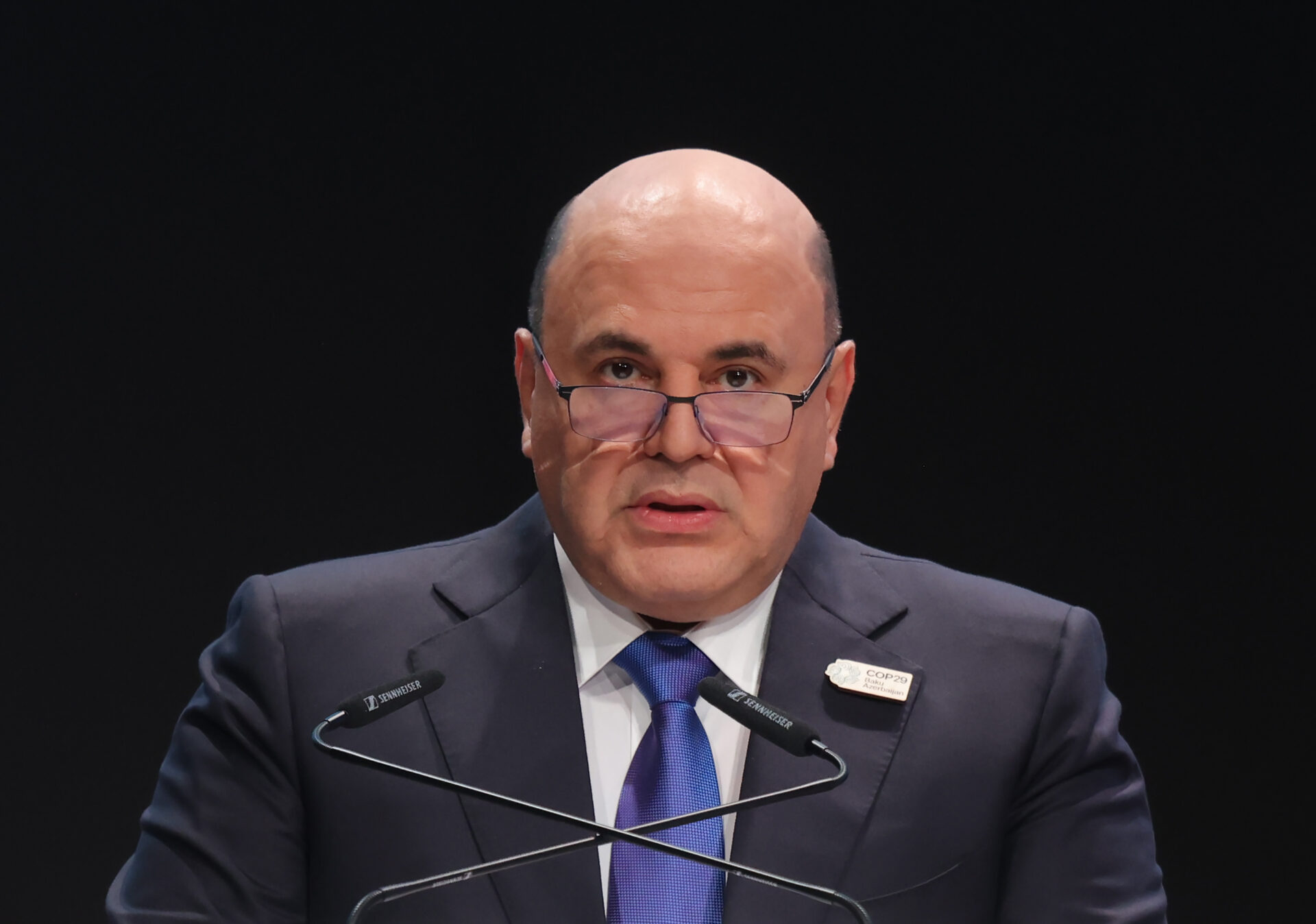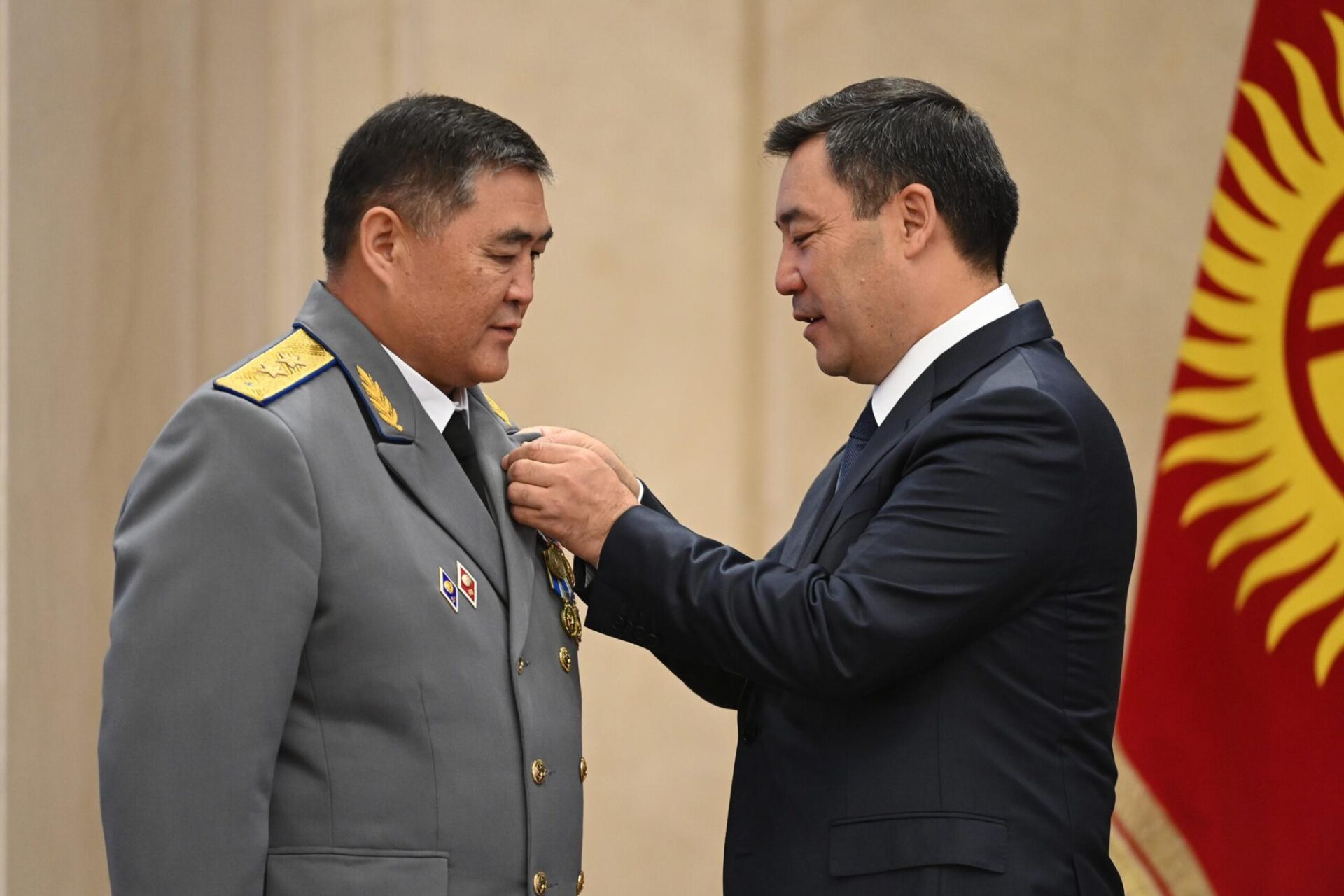
Putin So Focused on War Even Governors Now Ignore His Orders
Putin So Focused on War Even Governors Now Ignore His Orders
Executive Summary:
- Russian President Vladimir Putin is almost exclusively focused on his war against Ukraine, but wants to give the impression that he is in control of everything inside Russia. He gives the governors he appoints specific orders during televised meetings with them.
- The Kremlin leader is not holding them accountable by rewarding those who follow his orders and punishing those who do not. Many heads of the federal subjects feel they can ignore what he says and instead pursue their own agendas.
- There is far more diversity in the behavior of federal subject heads than is commonly recognized, and, in the future, governors are likely to play a larger role in Russia’s political future than most expect.
Since he launched his full-scale invasion of Ukraine in February 2022, Russian President Vladimir Putin has been almost exclusively focused on his war against Ukraine. Because he wants to give the impression that he remains in charge of everything across the Russian Federation, however, he gives the governors he appoints specific orders drawn from surveys of problems in this or that federal subject during his televised meetings with them. In the case of more than half of these specific orders, however, the governors do little or nothing to follow them, according to a new Vyortska investigation (Verstka, November 14). This phenomenon is something that residents of the regions involved, as well as those across Russia, can now easily see, which erodes Putin’s authority. Instead of holding these officials accountable by rewarding those who follow his orders and punishing those who do not, Putin has unwittingly created a situation in which many heads of federal subjects feel increasingly free to disregard his instructions and instead pursue their own agendas (Verstka, November 14).
Putin has been forced to use alternative means to demonstrate his power and achieve his objectives. This includes the imposition of a key performance indicator system, budgetary constraints, and criminal sanctions, as well as the establishment of a governors’ training school and the recruitment of governors from an ever-narrower group, in hopes of improving compliance (Gorozontal’naya Rossiya, January 29, 2024, July 10). These have not always been successful, however, and in some cases, they have proven counterproductive. Most seriously, this trend has created a situation in which there is far more diversity in the behavior of federal subjects than is commonly recognized, and one that in the succession struggle of the future, governors may play a larger role than most now expect (Window on Eurasia, December 24, 2024; see EDM, March 13).
This situation and its possible impact on the future was recently identified by Aleksandr Kharichev, the Kremlin’s top in-house sociologist, as among the five most serious problems the Putin regime now faces. Unsurprisingly, however, his other suggestion—that Russia now or in the near future faces the possibility of a civil war—has attracted far more widespread attention (Runivers, 2025; Club Regionov, November 7; Window on Eurasia, November 8). Even if Kharichev’s suggestions are overstated to attract the attention of Putin and his inner circle, the inclusion of the problem of central control over governors as something Kremlin leadership must be concerned with is a sign that this is something that deserves closer attention from those seeking to understand what is happening in Putin’s Russia now and what may happen in the future.
Beyond question, during the first two decades of his rule, Putin seriously reduced the power of the governors of Russia’s federal subjects (see EDM, April 28). He made the governorship appointive rather than elective, bringing in outsiders rather than using local cadres, setting up special training schools, reducing the range of places from which governors are chosen, among other things, and bringing criminal charges against many of them. This was central to the building of his personal power. Despite that, he has not been able to reduce them all to completely obedient cogs in his political machine. That applies not only to outliers such as Chechnya’s Ramzan Kadyrov or Vologda oblast’s Russian nationalist Georgy Filimonov, but also to many of the more than 80 governors who head Russia’s federal subjects.
Before Putin launched his full-scale invasion of Ukraine, he focused on this issue. Since February 2022, however, the Kremlin leader has devoted almost all his attention to his war against Ukraine. To suggest that he is still overseeing and directing even the smallest developments in Russia’s regions, however, Putin has televised his meetings with the governors he has appointed, during which he has given them specific orders. As the Vyorstka study makes clear, that may be a mistake, given that the governors have failed to obey and are seen not to have obeyed (Verstka, November 14). The governors have apparently been able to do so with impunity, as there is little indication that they have favored or promoted those who followed their directives while punishing or ousting those who did not, according to the first major study of this pattern.
Because Putin can and has intervened in specific cases to get his way when something is especially important to him—an indication that he has the unquestioned power to control outcomes of issues he cares about—the Kremlin leader may not now be especially worried about this trend. Kharichyev clearly is, and even Russian specialists on regional administration are already pointing to serious problems ahead (Runivers, 2025). Among the most thoughtful of these is Aleksandr Kynyev, an independent researcher, who suggests that the problems for Moscow in dealing with governors and other regional elites are likely to emerge sooner than many now think. In an interview with the Horizontal Russia portal, he argues that the 2026 Duma elections and the need for a major change in the composition of political and business leaders in the two years thereafter both in Moscow and the in the regions will present the Kremlin with a serious choice, one that is complicated by the increasing ability of domestic officials like governors to go their own way rather than simply executive orders (Gorizontal’naya Rossiya, August 7).
In 2027 and 2028, Kynyev suggests, Putin will have to choose between “preserving the system as it is or initiating a new wave of technocratic recruitment.” He outlines two scenarios. The first would lead to a “Brezhnevization” of the Russian political system, “essentially returning to a structure of entrenched governors and their teams.” The second scenario entails mass rotation and rejuvenation of the system. Kynyev says, “These steps could prove quite contentious, not least including raising the question of what to do with such a large number of retired officials” (Gorizontal’naya Rossiya, August 7).
Depending on which course Putin chooses or feels compelled to choose, Kynyev continues, it will have serious consequences for center-periphery relations, albeit for different age groups. The first will affect those born in the 1980s, who will see their upward mobility sharply decline, while the second will anger those born in the 1970s, who will view their ouster as rank ingratitude (Gorizontal’naya Rossiya, August 7). Either could spark an explosion to which Putin would likely have to respond by shifting his attention back to Russia and/or increasing repression there still further. The heads of Russia’s federal subjects, now accustomed to a system in which Putin is not focusing on them, would likely be among the first threatened in either case and thus among the first to respond.


